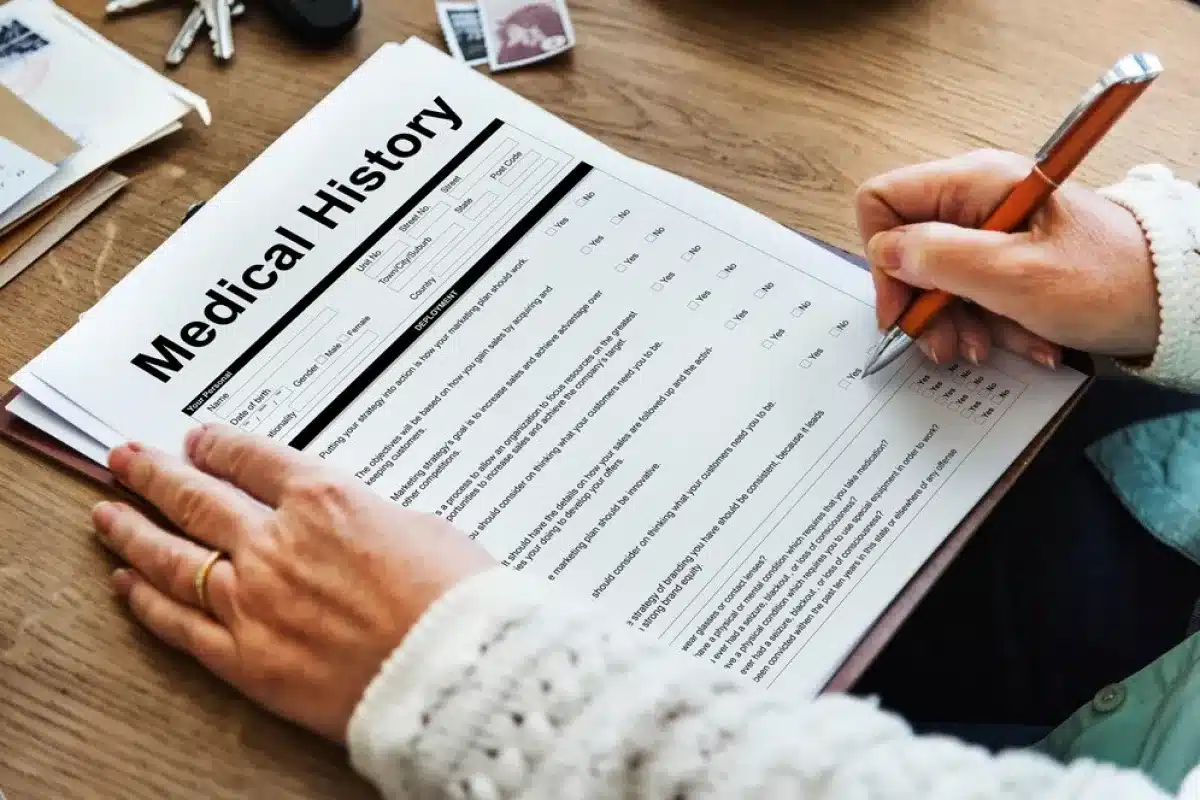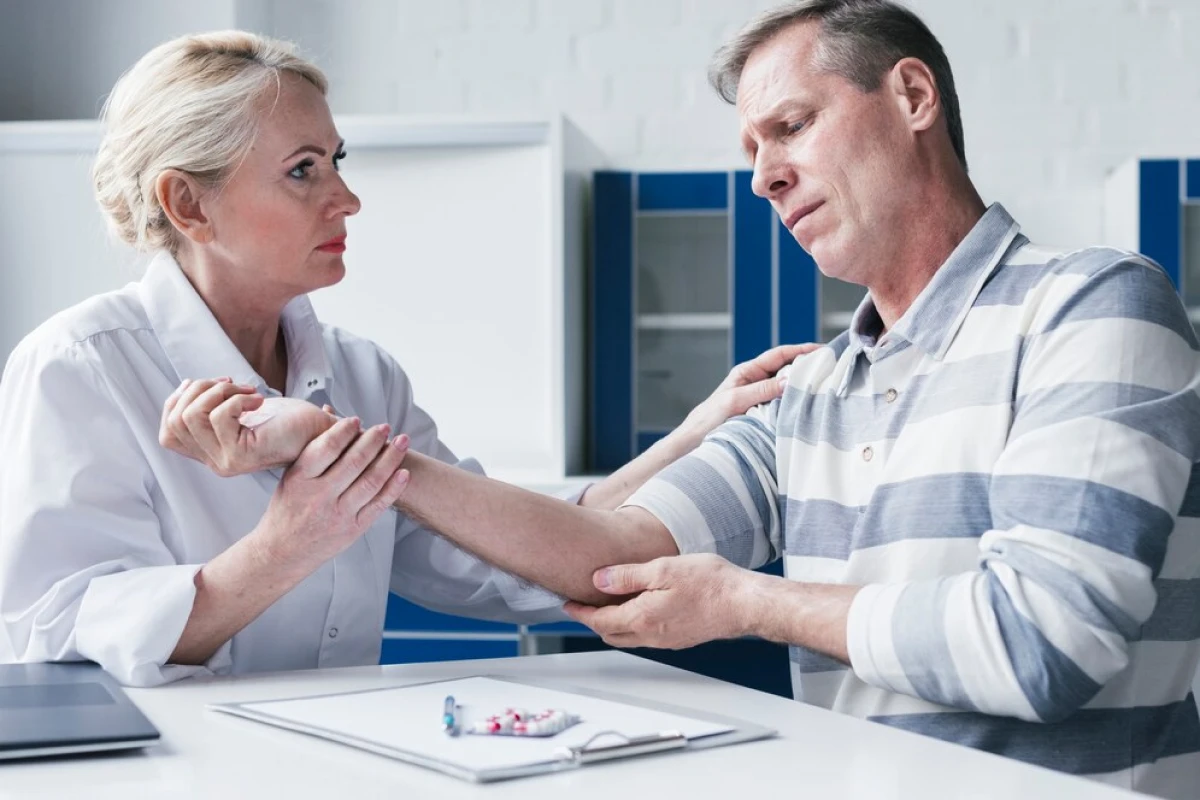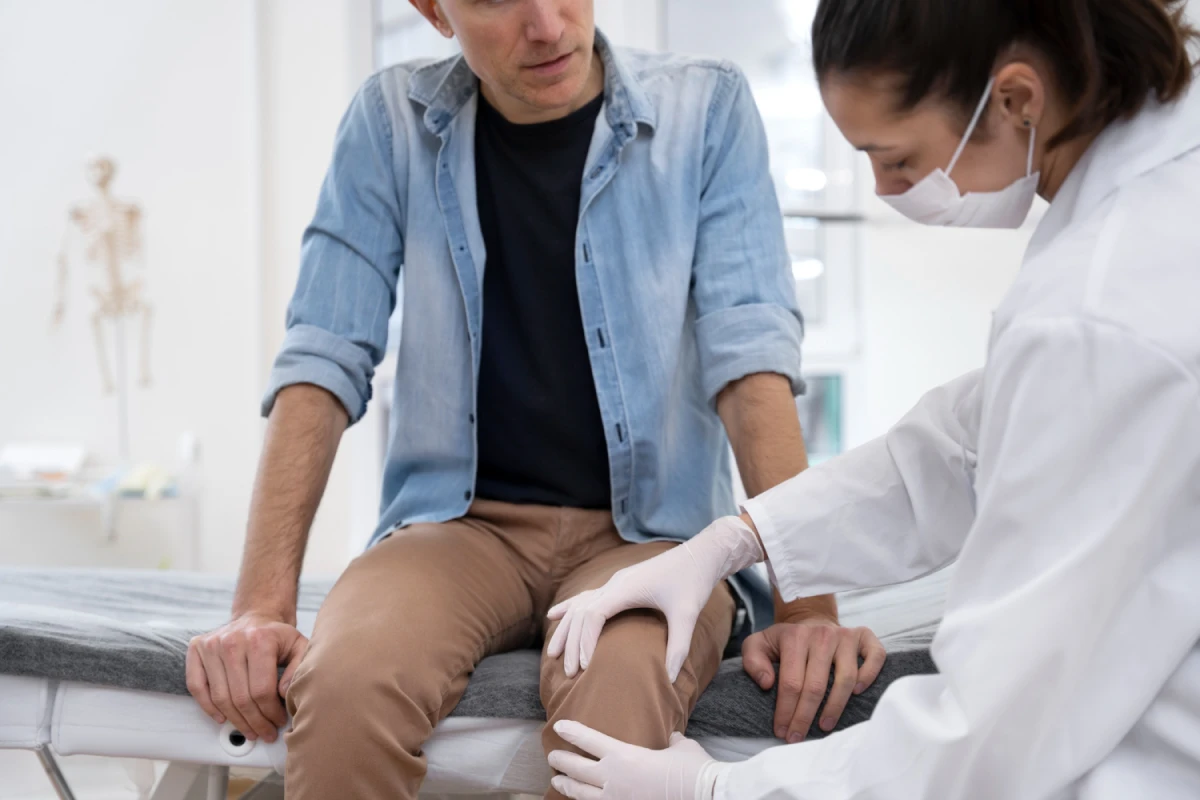The time you have with your rheumatologist is very valuable. The right questions play a significant role when you have a disease and need to learn about treatment options as a new patient. Your appointment success depends on good preparation.
Preparing for Your First Rheumatology Appointment
Your first visit to a rheumatologist needs you to have good preparation. A rheumatologist depends on your medical history and symptom patterns to diagnose accurately. Good preparation will make a big difference in your consultation with specialists like Dr. Lomibao at Lomibao Rheumatology.

What medical records should I bring?
Proper documentation helps your rheumatologist get a full picture of your health. You should bring a few specific documents.
- Complete medical history
- Current medication list
- Previous test results and imaging studies
- Records from other specialists
- Family medical history
On top of that, it saves valuable time during your visit when you complete medical history forms beforehand.
Should I keep a symptom journal before my visit?
Absolutely! A symptom journal helps both you and your rheumatologist. Rheumatologists rely heavily on your story, possibly more so than most other doctors. Your journal should track these things.
- Pain descriptions (dull, stabbing, throbbing)
- Location of pain (which joints or muscles)
- Timing patterns (morning stiffness, flares after activities)
- Duration of symptoms
- Triggers that worsen symptoms
- Activities that improve symptoms
What tests might be done during my first visit?
Your first rheumatology appointment may take up to 60 minutes with multiple assessment parts. Your doctor will do a full physical examination, focusing on your joints, skin, heart, and lungs to check for inflammation signs. Based on this original assessment, your rheumatologist might order a few things.
Blood Tests
To check for markers of inflammation, autoimmune antibodies, and other indicators.
Imaging Studies
X-rays or MRI to identify structural changes or detect early inflammatory changes.
Referrals
If comorbid or other diagnoses are suspected.
You might not get a final diagnosis right away because many autoimmune disorders take time to fully develop. Regardless, starting the diagnostic process early is important to make an effective treatment plan that fits your needs.
Understanding Your Diagnosis Questions
Your test results have arrived, and now you need to understand your diagnosis. The right questions about your condition will give you clarity and help build a foundation for your treatment plan.

What exactly is my condition?
Rheumatic diseases affect your body’s framework like the joints, muscles, and connective tissues. Your rheumatologist at Lomibao Rheumatology should explain whether you have an autoimmune condition (where your immune system attacks healthy tissues) or another type of rheumatic disease. Dr. Lomibao will explain specific diagnostic markers from your test results. Some examples are:
- Rheumatoid factor (RF)
- Anti-cyclic citrullinated peptide (anti-CCP) antibodies
- Anti-nuclear antibodies (ANA)
- Inflammatory markers like ESR (erythrocyte sedimentation rate)
- CRP (C-reactive protein)
Diagnosis takes time because rheumatic diseases share overlapping symptoms and patients don’t always show the same signs.
How did I develop this condition?
Scientists haven’t fully uncovered the exact cause of most rheumatic diseases. Research has found a bunch of contributing factors to their development. Many autoimmune rheumatic conditions occur when your immune system mistakenly attacks healthy tissues. Each condition has different immune system “triggers” that include environmental exposures and lifestyle elements.
Is my condition hereditary?
Yes, it is true that genes can play a role in many rheumatic diseases. Your risk increases about 5-fold compared to the general population if you have a first-degree relative with rheumatoid diseases. The risk may also rise if your relatives have other rheumatic conditions. Dr. Lomibao can explain how specific genetic markers connect to rheumatic conditions. Having these markers doesn’t guarantee disease development. Genetic makeup creates susceptibility while environmental factors often act as triggers.
Treatment Plan Questions for New Patients
After understanding your diagnosis, the next step in your treatment involves discussing your plan. Treatment options for rheumatic conditions have improved by a lot in the last 40 years. You now have better choices than ever before.

What treatment options are available for my condition?
Your visit with Dr. Lomibao at Lomibao Rheumatology should help you learn about all treatment approaches. The doctor follows a strategy that aims to achieve low disease activity or remission. Your rheumatologist might suggest these medication categories.
- Anti-inflammatory medications
- Corticosteroids
- Conventional Disease-modifying antirheumatic drugs (cDMARDs)
- Biologic Disease-modifying antirheumatic drugs (bDMARDs)
Research shows that early treatment combining multiple medications works better than single-drug therapy to prevent joint damage.
What lifestyle changes can support my treatment?
Your treatment plan includes more than just medications. Lomibao Rheumatology’s approach includes lifestyle changes that can improve your treatment results. Exercise helps a lot. Range-of-motion exercises, strength training, and low-impact activities like swimming or walking help maintain flexibility and build muscle to support your joints. Eating with plenty of fruits, vegetables, whole grains, and healthy fats might reduce inflammation. You should also quit smoking since it increases your risk of rheumatoid arthritis.
Good communication with Dr. Lomibao makes all the difference. The best treatment plan comes from doctor and patient working together to balance disease control against side effects while keeping your quality of life in mind.
Do You Need A Rheumatologist?
These key questions will make your first rheumatologist appointment more productive and less intimidating. Managing a rheumatic condition needs patience because finding the right treatment combination takes time and close monitoring.Dr. Lomibao at Lomibao Rheumatology combines proven treatments with specific care strategies. Call Dr. Lomibao’s office today to begin your path to better health and wellness in the Rowlett, Texas, area.
Rheumatologist Question FAQs
What should I expect during my first rheumatology appointment?
Your first appointment will typically include a detailed medical history review, a thorough physical examination focusing on your joints and muscles, and possibly some initial tests like blood work or imaging studies.
How can I prepare for my rheumatology visit?
Prepare by bringing your complete medical records, including test results and a list of current medications. Keep a symptom journal noting pain descriptions, locations, and triggers.
What are common treatment options for rheumatic conditions?
Treatment options often include disease-modifying antirheumatic drugs (DMARDs), biologic therapies, anti-inflammatory medications, and corticosteroids. Your rheumatologist will create a personalized treatment plan based on your specific condition, symptoms, and overall health.
Can I continue working and exercising with a rheumatic condition?
Most people can continue working and exercising with proper management of their condition. You may need workplace accommodations or modifications to your exercise routine.


